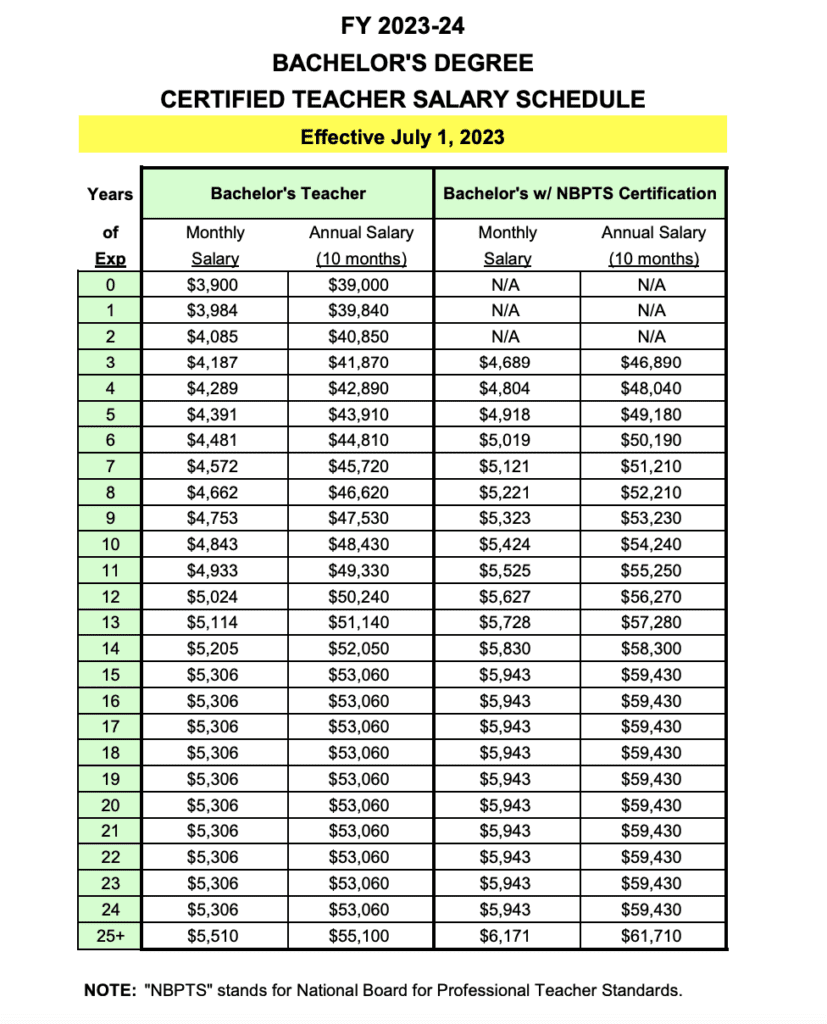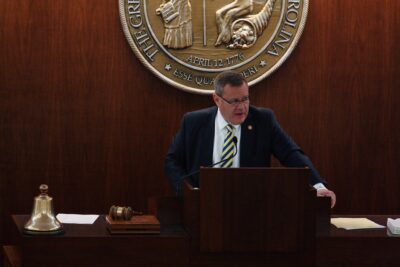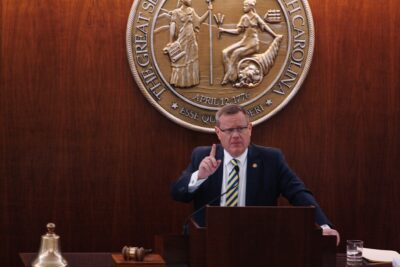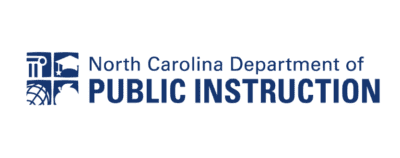

Share this story
- The new state budget included base salary raises ranging from 3.6 to 10.8% for teachers over the next two years -- with larger raises going to beginner teachers. Teachers can expect their raises by January, per a recent DPI presentation.
- “I love what I do and ultimately I do it for the kids but it would be nice to be compensated fairly, adequately,” one veteran teacher said regarding the new raises.
|
|
The new state budget, which passed Sept. 22 and became effective on Oct. 3, included base salary raises ranging from 3.6 to 10.8% for teachers over the next two years — with larger raises going to beginner teachers.
The salary raises for all employees are retroactive to July 1. Because the budget became effective this month, this month’s paycheck is the earliest that educators can expect to see those raises.
However, recent guidance from the N.C. Department of Public Instruction (DPI) says “there is no timeline stipulated related to implementing the salary changes or providing the retroactive adjustments.”
“It is advised to get those completed prior to December 31st,” a DPI presentation says.
The deadline for principal bonuses is Oct. 31, per DPI. There is not currently a process or timeline in place for bonuses for Advanced Teacher Roles.
In order to receive raises, employees must have been employed before June 30, 2023, and must be employed currently. This also applies to any bonuses laid out in the budget for school employees.
As in prior years, the presentation says, teacher bonuses and raises have a January deadline to be implemented. Those raises include those given during the first year of the biennium only, ranging from 2 to 7.7% for teachers. For most other school employees, who are set to receive a 7% raise over the biennium, the raise this year will be 4%.
For classified staff, local boards of education govern those salary schedules, per DPI. The state only provides a range of the minimum and maximum salary schedules.
“We are looking at when the Office of State HR (OSHR) will be updating the schedules on-line to meet the new state legislative adjustments,” the DPI presentation says. “It should be assumed that you can honor the state 4% raise if you have someone at the current max of those ranges.”
The budget also included $4.8 million recurring each year of the biennium to implement additional average 2% salary increases on top of the 4% for bus drivers in 2023-24.
“It will be up to the individual LEA to determine how much additional pay for bus drivers they can afford and how best to adjust their local schedules, how to implement, etc,” per the DPI presentation.
The budget also provides a one-time cost-of-living supplement to retirees of 4% in 2023-34 — to be paid “on or before Nov. 30.”
You can view the updated salary schedules for 2023-24 on DPI’s website, and the history of legislative increases from 1992 to the present on OSHR’s website. You can also read about the budget’s supplements outlined for educators at this EdNC article.


Context on raises
Before the budget was passed, an April report from the National Education Association (NEA) ranked North Carolina 36th in the nation for average teacher salary and 46th for average teacher starting salary.
Under the new budget, beginning teacher pay is set to increase from $37,000 to $41,000 over the next two years, according to the budget – an increase of 10.8%.
When you compare the proposed salary schedule for 2023-24 to last session’s teacher salary schedule, the increase for teachers with 15 years or more of experience is a 3.6% raise over the biennium, or about $188 per month, before taxes.
Lawmakers said teachers will also get step increases and could qualify for advanced teaching roles. Teachers can also qualify for local supplements, though those vary widely district to district.
Earlier this long session, state Superintendent Catherine Truitt and the State Board of Education asked lawmakers for at least a 10% raise for employees.
“As a former educator, I’ve been vocal that North Carolina’s teachers deserve a raise, and I’m disappointed that we did not see the double digit pay increase for educators that we hoped for in this Conference budget,” Truitt said in an email release. “Salaries in other professions have kept pace with inflation, however that is not the case with education.”
Democratic Gov. Roy Cooper’s budget proposal called for an average 18% raise for educators over the biennium. He said the latest budget “seriously shortchanges our schools.”
House Speaker Tim Moore said he would “frankly have liked to have seen more raises,” the News & Observer reported, but “this was a compromise position that we took with the other chamber.” He said he would like to “beef up” the raises for 2024-25 next long session.
In Alexander County, several educators were frustrated with the new raises, according to a press release from Alexander County Schools.
Beth Duncan, an English teacher at Alexander Central High School, has been in the classroom for more than 25 years. She said she is disappointed with the raise for veteran educators.
“I love what I do and ultimately I do it for the kids but it would be nice to be compensated fairly, adequately,” Duncan said. “It’s frustrating because what it says is that your experience is not valuable enough to compensate you for. I look at the teacher I am now versus the teacher I have been when I had less experience and it’s frustrating because ultimately it’s going to harm the kids. They are the ones that get shortchanged when they don’t have the benefit of teachers who have that experience. Because every year we learn, and every year we get stronger as teachers, which is better for the kids.”
Allison Martin, a language arts teacher at East Alexander Middle School, is grateful for the raise — which will work out to around $400 more per month.
Though she said the raises for veteran teachers were unfair, she is glad to see some progress. Recently, a friend of hers quit teaching after three years due to being unable to pay her bills.
“Teachers you would think have a good reputation like nurses or policemen or doctors but that profession, there are a good number of people who look down on it,” Martin said. “They don’t see the importance of it.”





